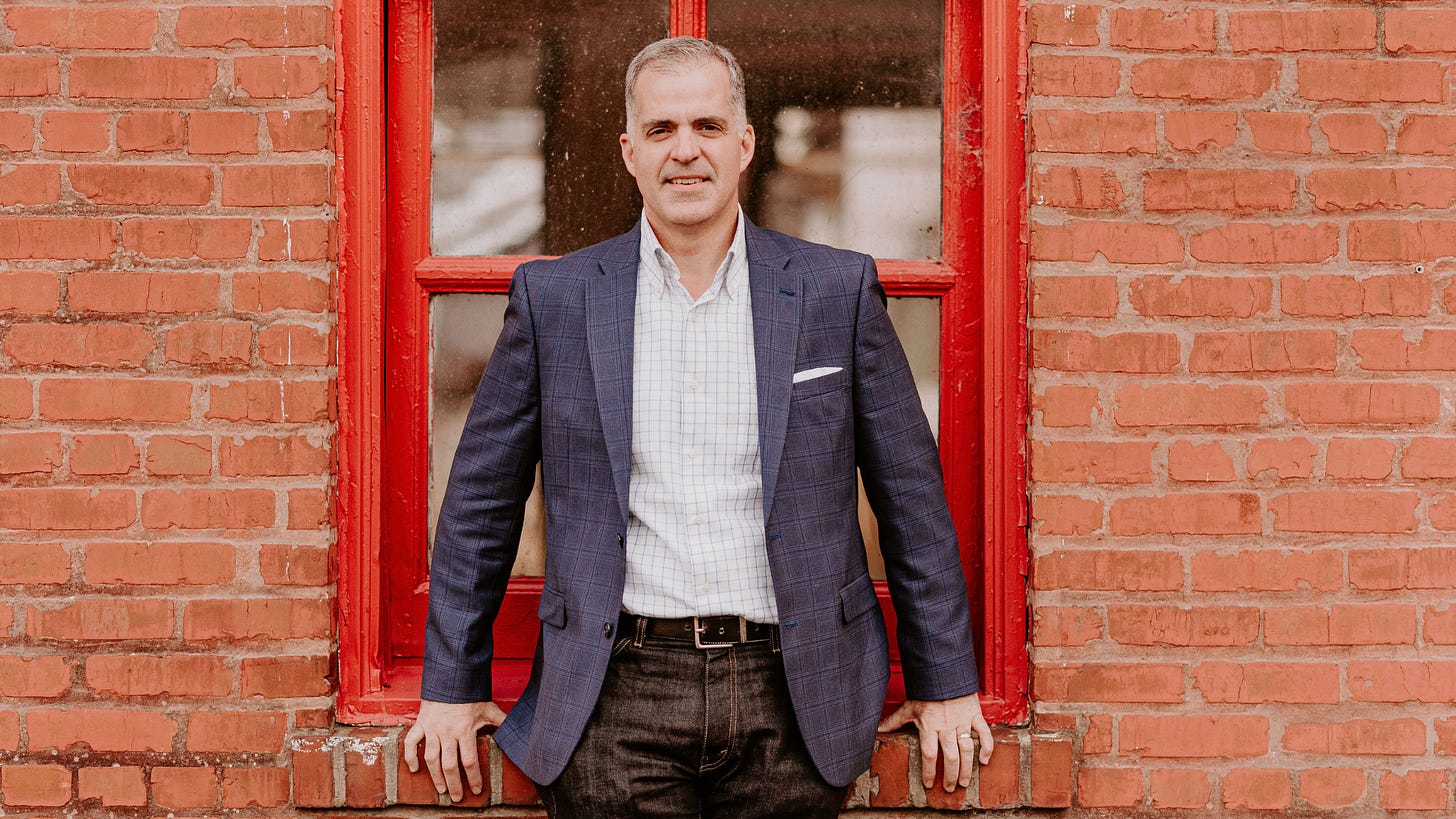Seven Soft Habits for Highly Trusted Pastors (and Other Leaders)
How Love Accelerates Our Influence

The office of pastor is a high privilege. We are invited into sacred moments, trusted with secrets, and viewed as representatives of God.
Every leadership role is a steward of trust. The people who look to us expect us to be competent, but they also rightly expect us to live out the most basic expectations that Jesus gave to his followers.
Every leadership role is a steward of trust.
“Love your neighbor as yourself,” for example. Or “do to others as you would have them do to you.” Or, to take on the role of a servant, putting the interests of others of more important than your own.
I could go on and so could you. Let’s call these practices “soft habits.” But just because they’re soft doesn’t mean they’re not important. As a matter of fact, it is the practical habits of loving others well that accelerate our influence.
If you want to be the kind of leader people trust, start developing these seven simple, but powerful soft habits:
1. Listen with question marks.
It could be the phones. It might be over-scheduled calendars. It might even be some version of FOMO. But too many leaders are not very good listeners. We’re distracted. Even when someone makes the effort to make an appointment or to walk across the room, our minds are often in another room.
So, instead of giving people the obligatory “how are you doing?” or a patronizing “God bless you,” take just a minute with the people right in front of you, and ask the next question.
Ask one more question.
For example, if someone mentions starting a new job, ask what they’re most excited about or what they’re most anxious about, and then pray for them right then. Lean in and listen by asking one more question. When you do, they will know you care.
2. Reply soon and very soon.
Many leaders have an administrative assistant or even a team of people who are responsible to reply to emails, direct messages, and voicemail messages. If that’s you, be sure those people are responsible to complete their tasks and represent you well.
But I don’t know many leaders who do not have their own mobile phone or a personal email address. If that’s you, don’t “ghost” people.
Your reply does not have to be long or in depth, nor does it need to be instant. But a timely reply communicates value. A non-reply or terribly delayed reply says something that’s inconsistent with the Gospel we preach.
Don’t “ghost” people.
Rather than leaving replying to your memory, schedule 10 to 30 minutes each day to respond to the messages you’ve received.
3. Be interested.
Your time is limited. You can’t give everyone an hour of your time, but when you have a moment with a church member, client, or customer, give them your full attention.
Rather than looking past them or walking fast through the crowd, slow down, look people in the eye, keep your phone out of sight, ask questions, and give the other person the assurance that you’re interested in them.
4. Arrive on time, and stay to the end.
Everyone is busy. Leaders carry many unique pressures, but one thing we have that not everyone else has is discretion. Leaders get to decide what we do and what we don’t do. We make our schedules.
So, when we have responsibilities in a meeting or event, and we arrive late or leave early, everyone knows we chose to do that. We either chose not to manage our calendar well, or we chose not to prioritize the commitment we made to others who, by the way, are taking their duties seriously.
If the meeting makes it on your calendar, give it your all.
If the meeting makes it on your calendar, give it your all.
5. Speak words of hope.
A leader’s words just carry more weight, but it’s not just our words that matter. People need to hear tones of hope in the words we use.
No one needs us to say things that are not true, but they also don’t need to hear leaders griping and murmuring, predicting failure, or assuming the worst. Instead, our people need to know that whatever comes, we all can trust God.
People need to hear tones of hope.
Whether we’re talking to our leadership team, church members, or the next-door neighbor, effective leaders remind the people around them that the Lord is near, that He is at work, and they can rest in His sustaining grace and wonder-working power.
6. Point to God’s voice.
Pastors and other leaders want to have good answers for people. And we often do.
We’ve read the Bible and walked with Jesus for a while, and we like sharing what we’ve learned. But the goal of a spiritual leader is to teach others to listen to God and to respond in joyful obedience to his word.
Spiritual leaders teach others to listen to God.
Rather than being the “answer man,” and unloading all of our words onto others, perhaps we should consider helping others discover God’s will for themselves. Probing questions, directed prayer, and even silence can help others discern the ways of God for themselves.
7. Make others successful.
Churches are volunteer organizations, which means that pastors are often asking people to do things to help the church advance the mission. We should never apologize for that. Jesus called his disciples to serve, and to do hard things.
Most leaders direct or oversee the work of others in some way.
Ministry health, however, calls wise leaders to look for ways to turn things around and serve others, to help others fulfill their ministry, and to use whatever influence we have to open doors for others to excel. Rather than always asking, leaders look for ways to give.
Help others be successful.
When people know their success is our priority, they will respond with a whole new level of loyalty and commitment to the mission of God.
The Close
Pastors and other leaders are just as human as anyone else. We can get so wrapped up in ministry or in the work that we lose sight of Jesus and his mission. We can grow lazy in our love for the people God has called us to lead. We can even be selfish.
But when our commitment is to obey what Jesus called the greatest commandment—loving God and loving others as ourselves, we will develop the soft habits needed to demonstrate a commitment to honor God and to elevate the people around us.
PICTURE OF THE WEEK
EVERYONE’S WILSON | THE EVERYONE’S WELCOME NETWORK
I’m the Executive Director of Everyone’s Wilson and The Everyone’s Welcome Network—a platform for Gospel transformation in local communities.
Our mission is to unite the Church to engage the community, so everyone thrives.
Very simply, we’re passionate about helping Jesus-loving people live like missionaries in their local community through prayer, service, evangelism, and collaboration.
To keep up with our work at Everyone’s Wilson, you can Follow Us on the Socials or Subscribe to the Everyone’s Wilson Newsletter Here.
If you, your church, or your community leaders are interested in creating or joining community transformation collective in your community, I’d love to connect with you.
Sign up as an Everyone’s Wilson Prayer Partner HERE.
Please consider partnering with us financially. You can give HERE. All gifts are tax-deductible.
I’D LOVE TO HEAR FROM YOU.
If you don’t already, please follow my personal accounts on Facebook, Instagram, or LinkedIn.
Finally, thank you for reading and subscribing to this newsletter.
If it’s helpful, I’d love to hear about it. If it’s not, I don’t want to hear about it, but I probably need to. So either way, please give me some feedback.
Just click the button for my contact information.



